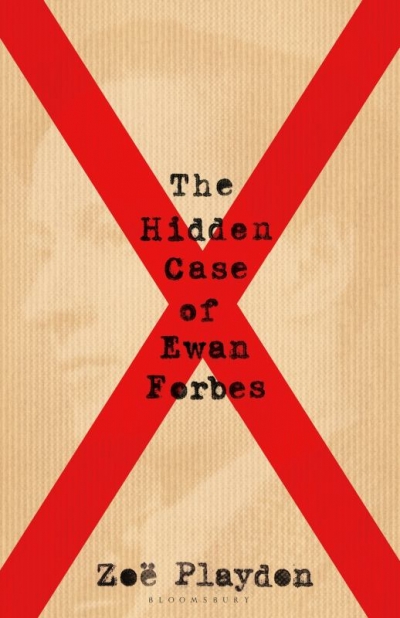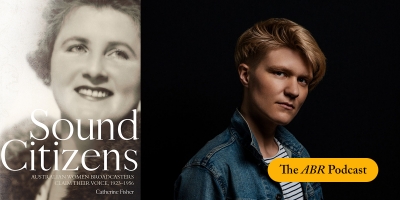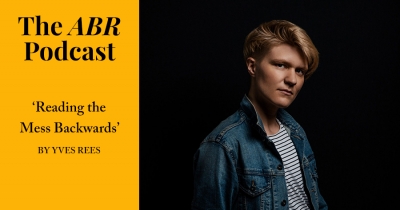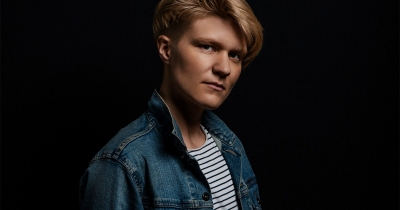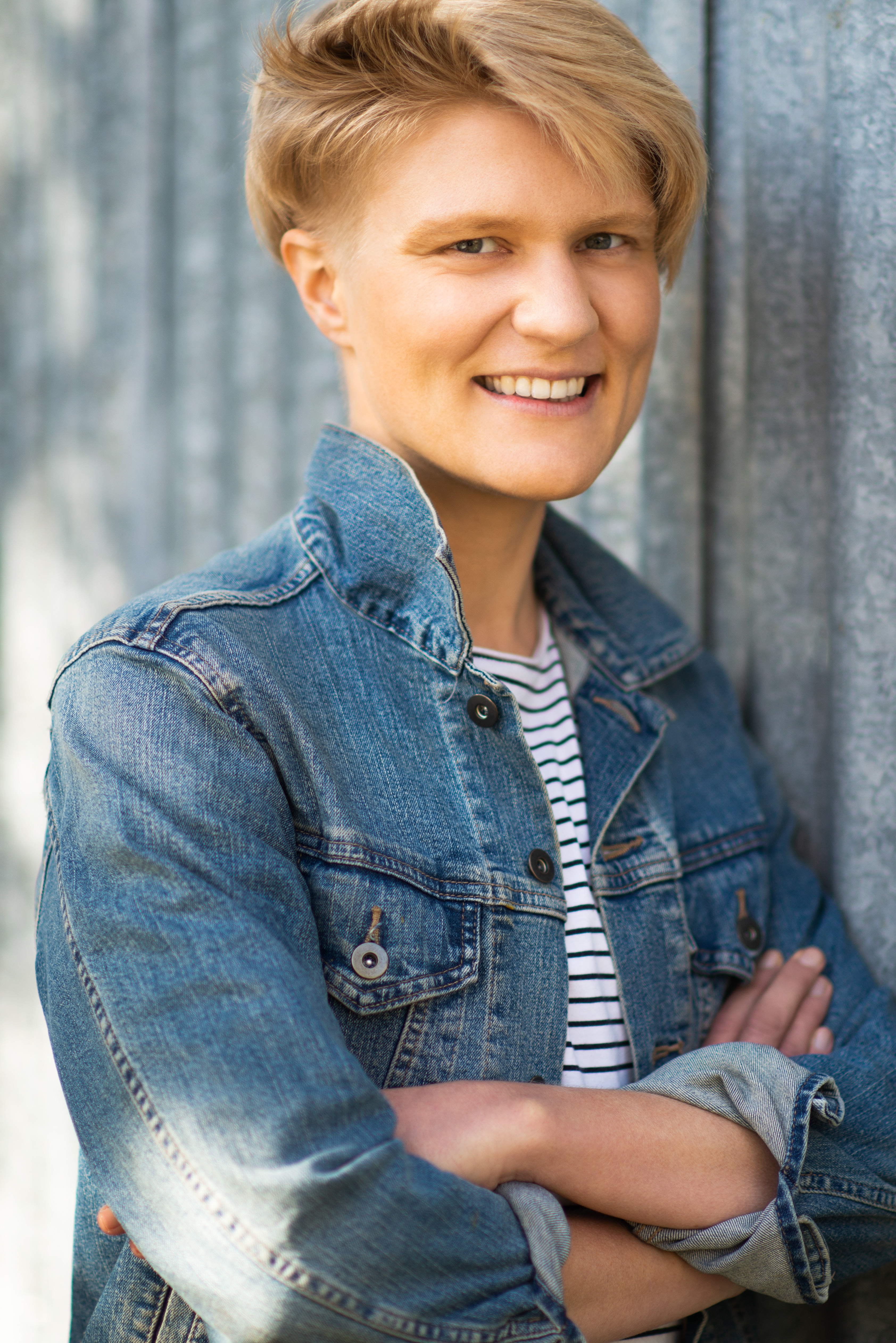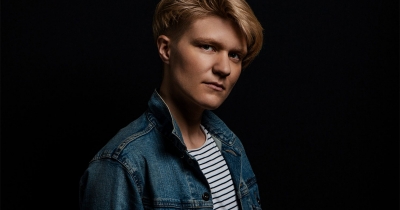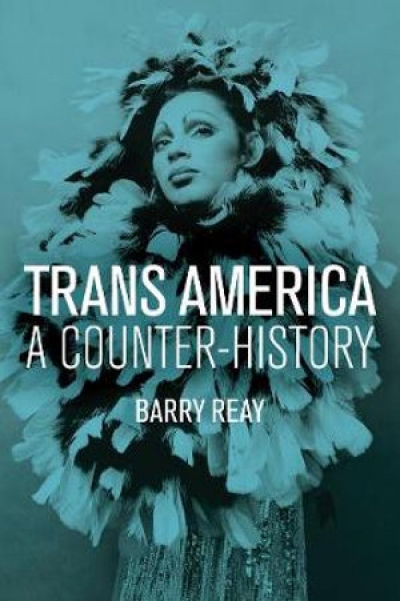Yves Rees
In the pre-television era of the early twentieth century, radio reigned supreme. It offered news and light entertainment, but also a means of communion and solidarity for the many women confined to the domestic sphere. In her new book Sound Citizens, historian Dr Catherine Fisher explores how a cohort of professional women broadcasters, activists, and politicians began utilising radio to improve the status and rights of women in Australia. In today’s episode, we hear from writer and historian Dr Yves Rees, who reviewed the book for ABR’s recent September issue. Rees is a David Myers Research Fellow in History at La Trobe University and co-host of the history podcast Archive Fever. Yves has published widely across Australian gender, transnational and economic history, and also writes on transgender identity and politics.
... (read more)
Sound Citizens: Australian women broadcasters claim their voice, 1923-1956 by Catherine Fisher
The Calibre Essay Prize is one of the world's leading prizes for an original non-fiction essay. This year was the fourteenth time ABR has presented the prize, which is now worth a total of $7,500. The winner of this year's prize is Dr Yves Rees, whose essay is titled 'Reading the Mess Backwards'. Rees, who came out as transgender aged 31, describes their essay as 'a story of trans becoming that digs into the messiness of bodies, gender, and identity'. The full essay appears in the June-July issue of ABR.
... (read more)When I’m ten or so, my brother appears shirtless at the dinner table. Ever the eager disciple, I follow his example without a second thought. It is a sweltering January day, and our bodies are salt-crusted from the beach. Clothing seems cruel in these conditions. As my brother tucks into his schnitzel, tanned chest gleaming, I grow conscious that the mood has become strained. Across the table, my parents exchange glances. The midsummer cheer of recent evenings is on hold.
... (read more)Six years after the ‘transgender tipping point’ proclaimed by Time magazine in 2014, the trans and gender-diverse (TGD) community continues to surge into the spotlight. From Netflix and Neighbours to the Merriam-Webster Dictionary (which named ‘they’ its 2019 word of the year), transgender experience is enjoying well-deserved recognition and representation. Visibility, however, is not without its problems. Internationally, growing awareness has triggered an anti-trans backlash, with the TGD community becoming a conservative scapegoat du jour. The United States is experiencing a spate of anti-trans violence, while ‘bathroom bills’ proliferate in red states. In Australia, the 2016 moral panic over Safe Schools was followed in 2019 by The Australian’s anti-trans campaign (with sixty-eight articles, ninety-two per cent of them negative, published in six months), as well as the transphobic fearmongering of TERFs (trans-exclusionary radical feminists) over Victoria’s birth certificate reforms – not to mention Prime Minister Scott Morrison’s attacks on ‘gender whisperers’.
... (read more)
